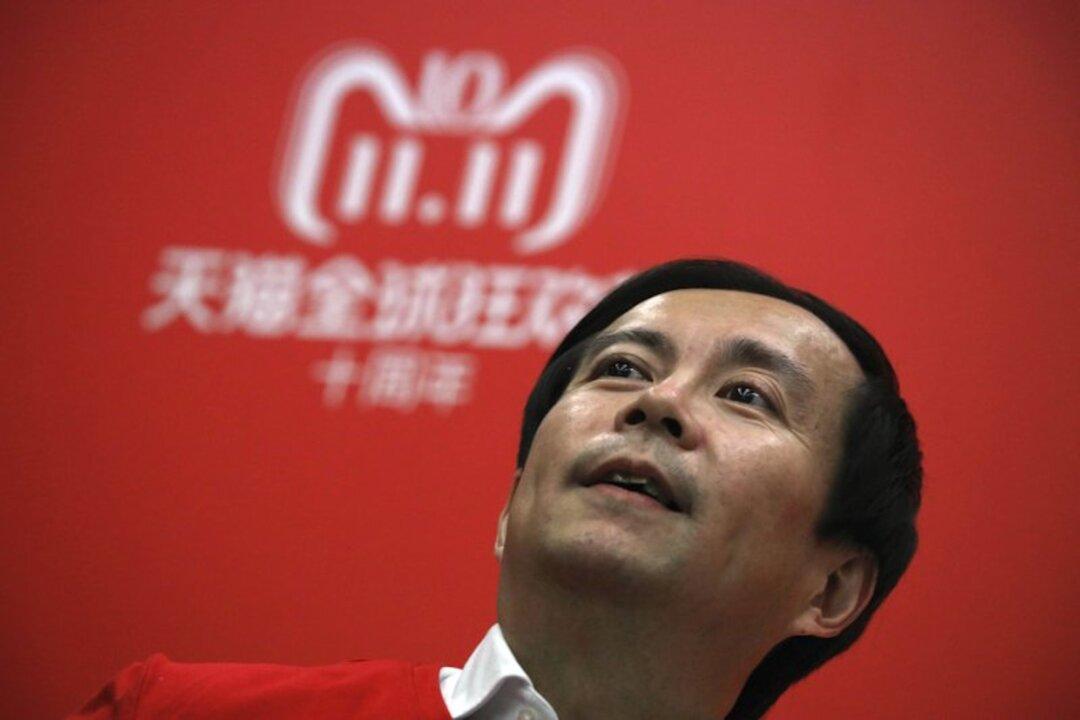WASHINGTON—Chinese e-commerce giant Alibaba Group remains on the U.S. government’s annual list of “notorious markets” that peddle counterfeit products.
The Office of the U.S. Trade Representative said on April 25 that Alibaba’s on-line marketplace Taobao.com continues to sell “high volumes” of pirated goods, according to companies that say they’ve been victimized. It also said that Alibaba has “ineffective” procedures for removing counterfeit products.





